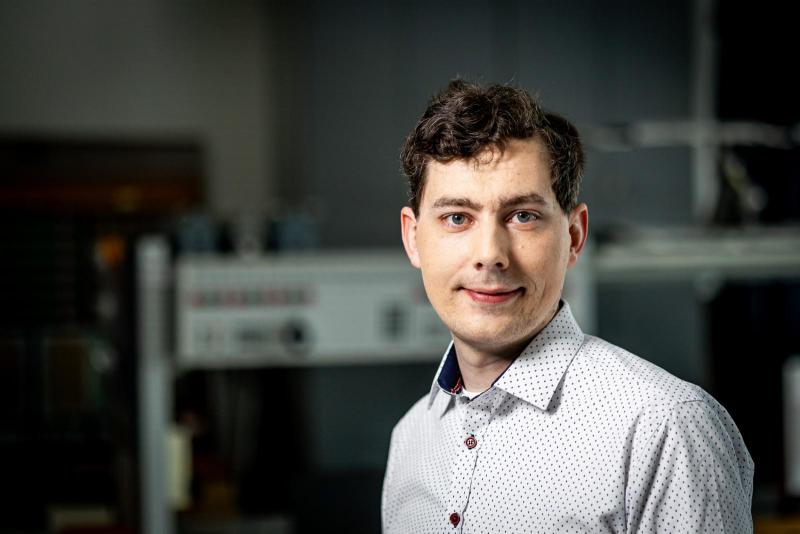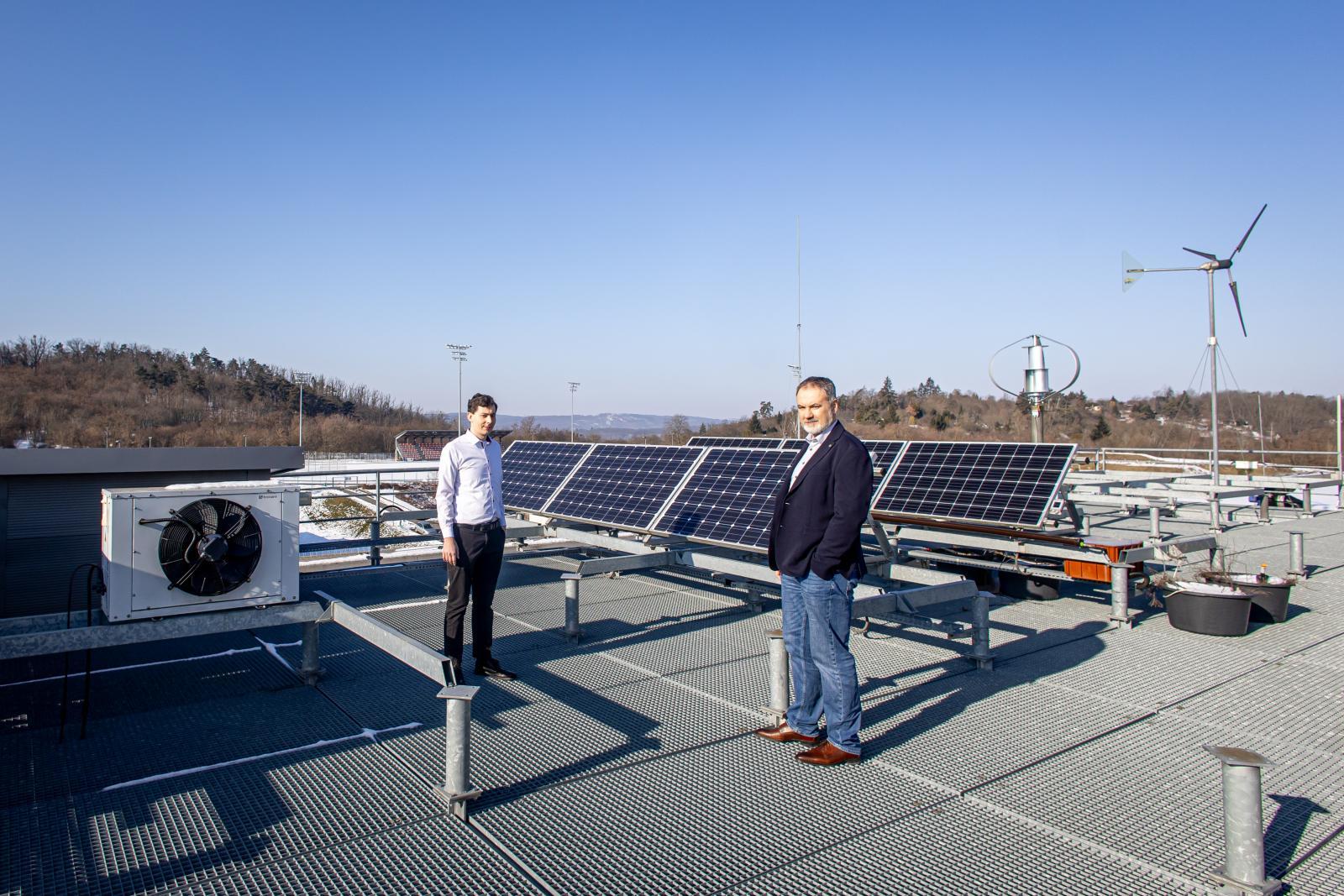People
LOSS OF STABILITY OF THE ELECTRICITY SYSTEM CAN CAUSE BLACKOUTS

The Werner von Siemens Award for the Best Dissertation on Smart Infrastructure and Energy was awarded to Ing. Jan Koudelka, Ph.D., from the Faculty of Electrical Engineering and Communication at Brno University of Technology for his dissertation titled Stability in Modern Power Grids.
Jan Koudelka’s dissertation addresses the issue of stability in modern power systems, which are characterized by an increasing share of renewable energy sources and the integration of new technologies. The dissertation is structured as a collection of explanations, commentaries, and notes on peer-reviewed articles the author has published in conference proceedings and journals. Its main topics include dynamic (angular) stability of the power system, frequency stability, and frequency load shedding. The core of the work lies in the calculation of critical clearing time as an indicator of dynamic stability and in presenting the possibilities of using new technologies — such as electric vehicle charging stations — to support the grid during emergencies.

Simulation of Technology Integration
Power system stability is one of the key conditions for the safe and reliable operation of the electrical grid, with a direct impact on all areas of human activity. A loss of stability can lead to a blackout with far-reaching consequences. Jan Koudelka’s work focuses especially on preparing suitable models for computational analysis of this issue. A major contribution is that the author extends these models with new devices and technologies, such as vehicle charging stations and electrolyzers. Thanks to these simulation models, it is possible to evaluate the use of new technologies while also specifying technical requirements for these devices to ensure they serve their intended purpose as effectively as possible.
“As one gradually delves into the topic and uncovers more and more connections, one has to accept that it’s impossible to cover the problem down to the smallest detail. Often, you have to justify why some aspects were simplified. What I enjoyed the most was the ability to simulate different options and explore various approaches to solutions. The most interesting finding for me is that it will be necessary to look for new ways to support the grid with emerging technologies, as shutting down conventional sources will remove some of the useful tools we currently use to manage the power system,” explains the award-winning author.

Leading by Example for Students
Jan Koudelka says he has always been fascinated by scientists who managed to come up with revolutionary ideas or entirely new discoveries—especially in the field of electricity in the 19th and 20th centuries. “It seems to me that this is very difficult to achieve nowadays,” he says wistfully.
As a thesis supervisor, he encourages his students to take part in various competitions, including the Werner von Siemens Award. “I told myself that the shoemaker’s son shouldn’t go barefoot and that I should submit my own work as well,” he adds with a smile. “At the moment, I see this success primarily as a recognition of my scientific work so far and as an independent assessment of it. At the same time, it confirms to me that it makes sense to continue working on and developing this topic,” he concludes.
Also read: Werner von Siemens Awards 2024: BUT celebrates success with five awardees
Author: Werner von Siemens Award
It gave me motivation and confirmed to me that what I do has enormous potential, says the Forbes 30 Under 30 honoree
Great mentors and research. Alabama students enjoyed stay at FEEC and Brno
Optical fibres will help peek into the deepest parts of the brain. A doctoral student from FME is involved in the research
Scientists from FEEC BUT have developed a bracelet that warns of the risk of Parkinson ’s disease
The Olympics fulfilled my lifelong dream, I want to win the next one, believes Kazakh climber from BUT

